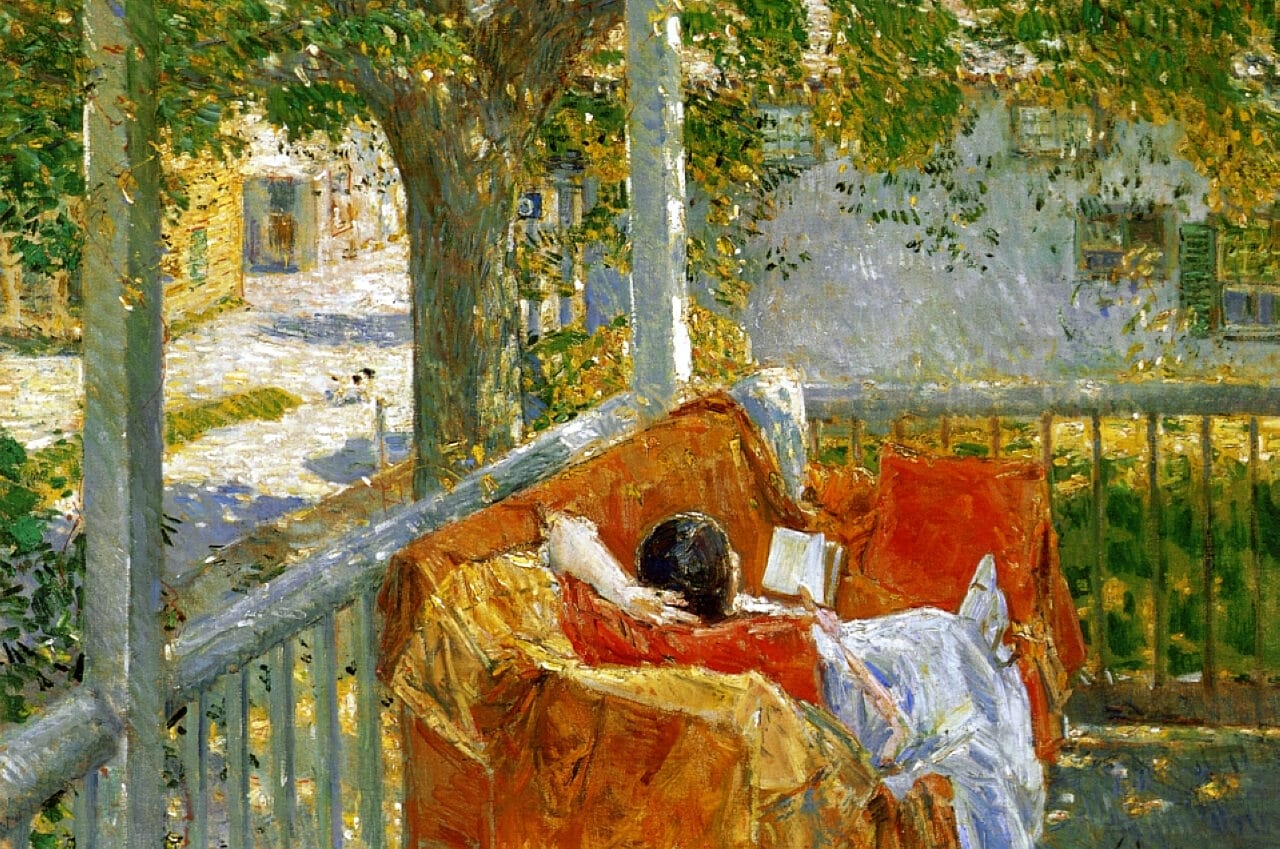‘We Grown Now’ shines light on life and bonds in public housing

Chicago’s Cabrini-Green is likely the most notorious American public housing complex in history. The towers, the last one demolished in 2011, symbolized the grand failures of publicly planned complexes and the Chicago Housing Authority (CHA). While crime, neglect, poverty, and urban blight saturate Cabrini-Green, many former residents talked of strong community bonds, too.
Set in 1992, “We Grown Now” (2023) explores the violence and despair and the hope and friendship in the concrete wasteland through the eyes of two young boys.
Malik (Blake Cameron James) and Eric (Gian Knight Ramirez) are 10-year-old residents growing up together in the only world they’ve known. We see them dragging a discarded mattress down a long flight of stairs because the elevators are always broken. The mattress isn’t for sleeping, but for getting airborne and landing on — after all, this is the height of Michael Jordan’s reign.
Both boys have a strong and influential parent in their lives. Malik’s mother, played exceptionally by actress Jurnee Smollett, is a firm and loving presence in their home, assisted by her own mother. Malik’s grandmother and late grandfather originally moved the family to Chicago after their shoe store burned down in Tupelo, Mississippi. The memories of Mississippi are tinged with problems — likely racism or segregation — but also fondness for family connectedness.
Eric and his older sister are being raised solely by their single father, played by Lil Rel Howery. Howery’s few scenes stand out for their emotional punch; one of the more moving instances in the film is when he counsels his son about making up with Malik after Eric lashes out when he finds out his best friend is leaving Cabrini-Green. “Maybe he’s mad at you, or maybe he’s waiting on you to apologize,” says the father. He’s trying to tug his son closer to manhood while the young boy clings to his idea of a more carefree youth and remaining in the present.
One of the strengths of this film is the teaching vignettes, reminding us that ultimately the best policy prescriptions come from the strength and vitality of families. This idea is especially present in another poignant scene where Eric’s father helps his son with math by prompting him to figure out the required funds they use to live on and pay the bills.

Malik’s mother works hard toiling away in a low-paying office job, but eventually pushes her name forward for a better opportunity, only to find out the new job is hours away in Peoria. She has a decision to make, and the risks are immense since she is barely scraping by financially. There is a lesson here in not being afraid to fly despite the odds.
Malik’s grandmother helps push her daughter to take the risk and make a better life for her two kids when she says, “If you don’t grow, these babies won’t.”
Even through the glimpses of joy we get from these two boys at Cabrini-Green, trouble is always lurking around the corner. Malik’s mother voices the anguish she feels in trying to protect her son — the year the film takes place is the same year that 7-year-old Dantrell Davis is gunned down walking to school. Davis’s death is another emblematic moment that points to the failure of the housing project. Because of the high crime rate in Cabrini-Green, the police are depicted as overzealous and excessive in their intrusions into the lives of residents, including the main characters who have no ties to crime except by their location.
The cinematography, slower pacing, and imagery are moving in “We Grown Now.” The film succeeds in reminding us that even if a place is irrecoverably broken, there can still be humanity and a community present. Dreams persist despite the prison-like structures and dangers waiting outside the apartment walls.
The gut-wrenching final scene shows Malik and his family leaving Cabrini-Green. The contrast of the importance of home and a sense of coming from a certain place is powerful accompanied by the importance of leaving for a different, and presumably better life.
From a policy perspective, the importance of the family unit and the initiative we see in Malik’s mom searching for a better job to change her circumstance is key. Politicians and the Chicago bureaucracy failed magnificently with Cabrini-Green, but families and motivated individuals can still overcome it. The big takeaway is to not be afraid to fly, but don’t forget where you came from and what you had to get through to soar.
Ray Nothstine is editor of American Habits.



